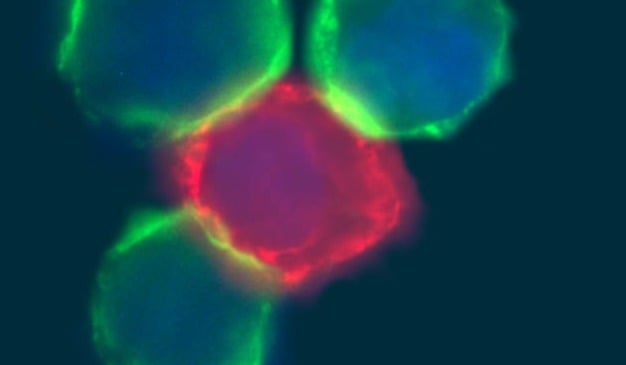- Other Products
- CCP
A biosimilar is a biological medical product that is highly similar to an already approved “innovator” product. Unlike generics, which are identical copies of the approved product, biosimilars have small differences compared to the innovator product.
The first biosimilar was approved in the EU in 2006 and since then a wide range of biosimilars have reached market. The FDA and its European counterpart, the EMA, have released strict guidelines on the development of biosimilars. Somewhat surprisingly, the main goal of a biosimilar clinical development program is not to show safety and efficacy, but rather to demonstrate similarity to the innovator product in key areas, such as pharmacokinetics, pharmacodynamics and evaluation of efficacy, safety and immunogenicity in clinical studies.


A biosimilar is a biological medical product that is highly similar to an already approved “innovator” product. Unlike generics, which are identical copies of the approved product, biosimilars have small differences compared to the innovator product.
The first biosimilar was approved in the EU in 2006 and since then a wide range of biosimilars have reached market. The FDA and its European counterpart, the EMA, have released strict guidelines on the development of biosimilars. Somewhat surprisingly, the main goal of a biosimilar clinical development program is not to show safety and efficacy, but rather to demonstrate similarity to the innovator product in key areas, such as pharmacokinetics, pharmacodynamics and evaluation of efficacy, safety and immunogenicity in clinical studies.
An important aspect to consider when developing any candidate drug is to determine if it has antibody-dependent cellular cytotoxicity (ADCC). If a monoclonal antibody (mAb) innovator drug has ADCC activity, special precautions must be taken when developing biosimilars. In order to properly select the cell host type for the final clone and for the optimization of the manufacturing process, it is important to know about any post-translational modifications (PTMs) that the product may have undergone. The most important PTM for biological function is glycosylation, but other modifications at the N- or C-terminus such as amino acid cleavage, N-acetylation and methylations may also play a role.
Two mAbs with the same amino acid sequence and expressed in the same parental expression system may have radically different glycan profiles. Such differences can have large impacts on the ADCC activity of the antibodies. Clearly, being able to accurately measure the ADCC activity is an important step in the development of biosimilars. This also highlights the importance of measuring different aspects of ADCC activity by for example, varying factors such as target and effector cells. Only then, can the complexities and nuances of the immune system be captured and only then can biosimilars that are truly similar to their reference product be created.
The iLite ADCC product portfolio is based on a reporter gene system and offers a convenient and powerful way of measuring the efficacy of antibodies to elicit ADCC in vitro.
It possesses all the hallmarks of optimal bioassays - excellent linearity, large dynamic window, specificity, repeatability, precision and accuracy - and introduces unique engineered homologues Target (+) and (-) Cells for a more complete picture of the intracellular events.
Find out more about why the iLite® ADCC Bioassay system are greater than the sum of its parts.